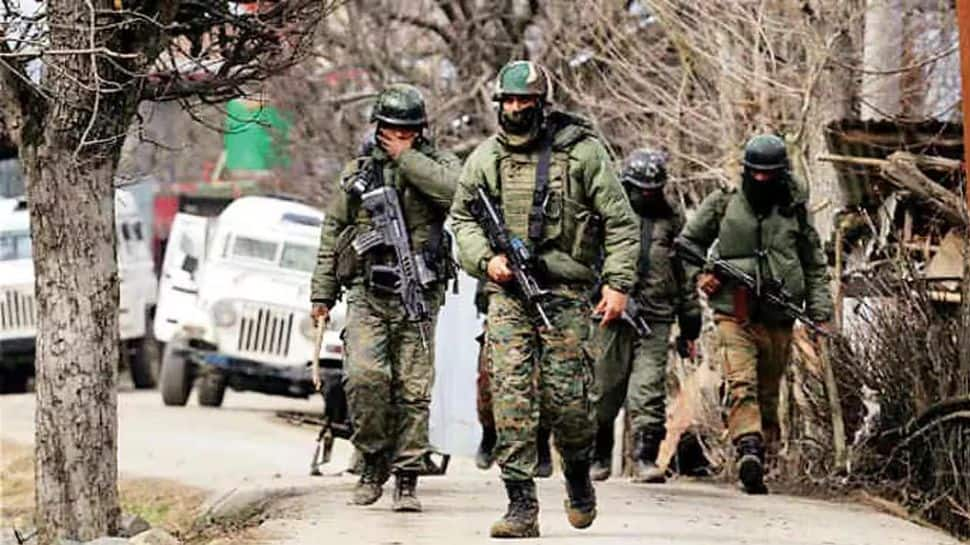In recent developments, Kashmir’s separatist toolkit has once again become active, threatening the safety of non-locals. A brutal attack in Ganderbal has sent shockwaves throughout the region, with echoes of violence reminiscent of past atrocities. In today’s episode of DNA, Zee News explains this issue in detail:
Watch Full Episode Here:
DNA में ‘Operation लंगड़ा’ का Live Telecast
हिंदुओं से नफरत की ‘BOLLYWOOD FILES’
कश्मीर के ‘कसाब’..आज होंगे बेनकाब..DNA Investigationदेखिए #DNA LIVE Anant Tyagi के साथ#ZeeLive #ZeeNews #UttarPradesh #UPNews #Encounter @Anant_Tyagii https://t.co/3LyHCZJ96m
— Zee News (@ZeeNews) October 24, 2024
Unveiling the Terrorists Behind Ganderbal Attack
The attackers responsible for the brutal assault on the tunnel project camp in Ganderbal have now been identified. The chilling images of the terrorists have surfaced, showing one wielding an AK-47 and another with an M-4 automatic assault rifle. The two men, named Abu Huraira and Khubaib, are believed to be operating between Srinagar and Ganderbal. Investigators have revealed that local “overground workers” provided crucial assistance to these terrorists, aiding their violent mission.
The Attack Patterns: Drawing Parallels with Global Incidents
Interestingly, a similar terrorist attack took place recently in Turkey’s capital, Ankara, where an aerospace company was targeted. This attack left five people dead and 22 injured. The striking similarity between the Ganderbal and Ankara attacks is the use of backpacks by the terrorists. These backpacks contained not only weapons but also food, GPS devices, medical kits, and explosives.
This backpack strategy mirrors the tactics employed by Ajmal Kasab, the terrorist who unleashed a reign of terror in Mumbai in 2008. Terrorists carrying backpacks typically signal two possibilities: they either plan to engage in prolonged combat or intend to detonate themselves after an attack.
Resurgence of Separatism: The Hurriyat Connection
Meanwhile, as the Kashmir elections unfold, attacks on non-locals have resumed, and signs of renewed separatist activity are becoming evident. Notably, leaders formerly associated with the Hurriyat Conference, a banned separatist organization, have started regrouping. A video has emerged showing a meeting of these leaders, including prominent figures like Mirwaiz Umar Farooq, Abdul Gani Bhat, Bilal Lone, and Masroor Abbas Ansari.

